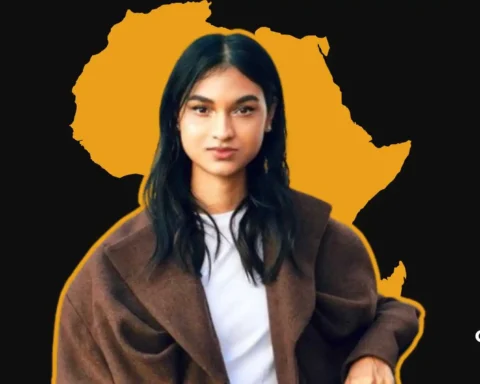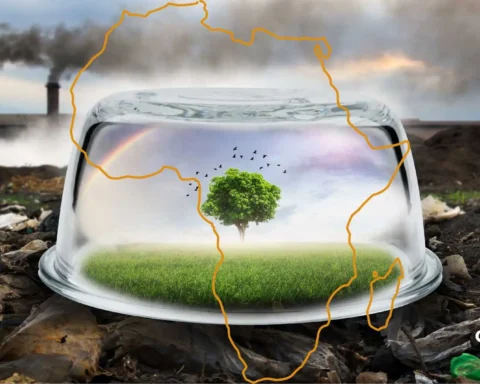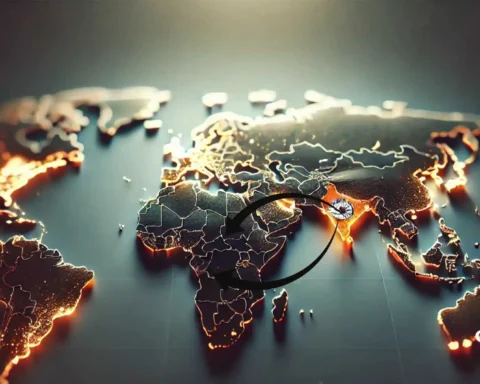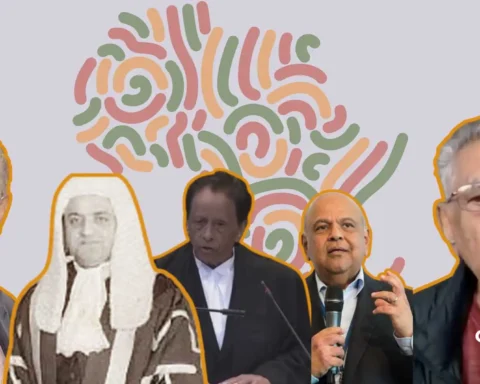Africa, often regarded as the "final frontier" of global growth, is rapidly transforming into a hub of opportunity, innovation, and economic expansion.
India-Africa trade relations are expanding, but challenges like trade imbalances, Indian business competition, and infrastructure deficiencies in African countries persist.
Global Indian companies and the Indian diaspora have significantly contributed to Africa's infrastructure and development, leveraging their infrastructure, energy, telecommunications, and healthcare
Young Global Indians are emerging leaders in Africa, bridging cultural divides and driving innovation, entrepreneurship, and social impact.
Environmental challenges in Africa—including climate change, land degradation, deforestation, and pollution—severely impact biodiversity, natural resources, and livelihoods.
With over 35 million people worldwide, the global Indians are a significant migrant community. For centuries, Indians have migrated to Africa, contributing
Global Indian NGOs are known for their ability to connect with local communities and understand their unique needs.
Under Trump's administration, U.S. foreign aid reevaluation marked a shift in international relations influenced by identity politics.
Global Indians in Africa face challenges such as identity, integration, and discrimination, balancing their cultural heritage with their African identity.
Global Indian entrepreneurs can leverage African market conditions like poor debt and high unemployment by offering skill training and capacity-building measures.













